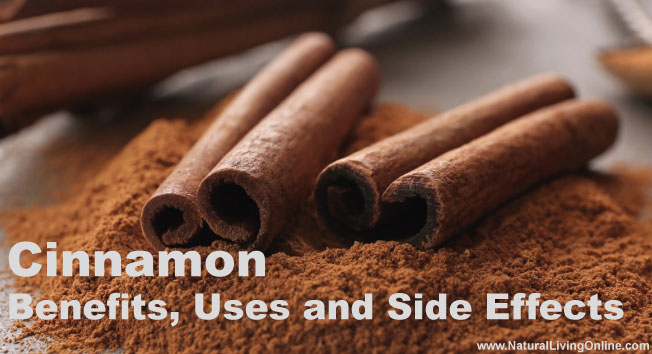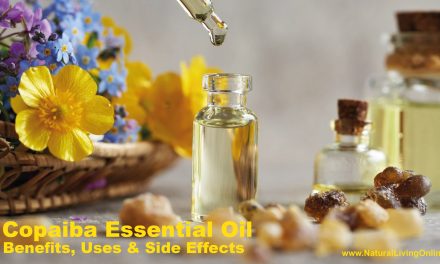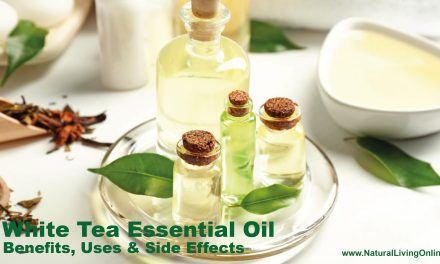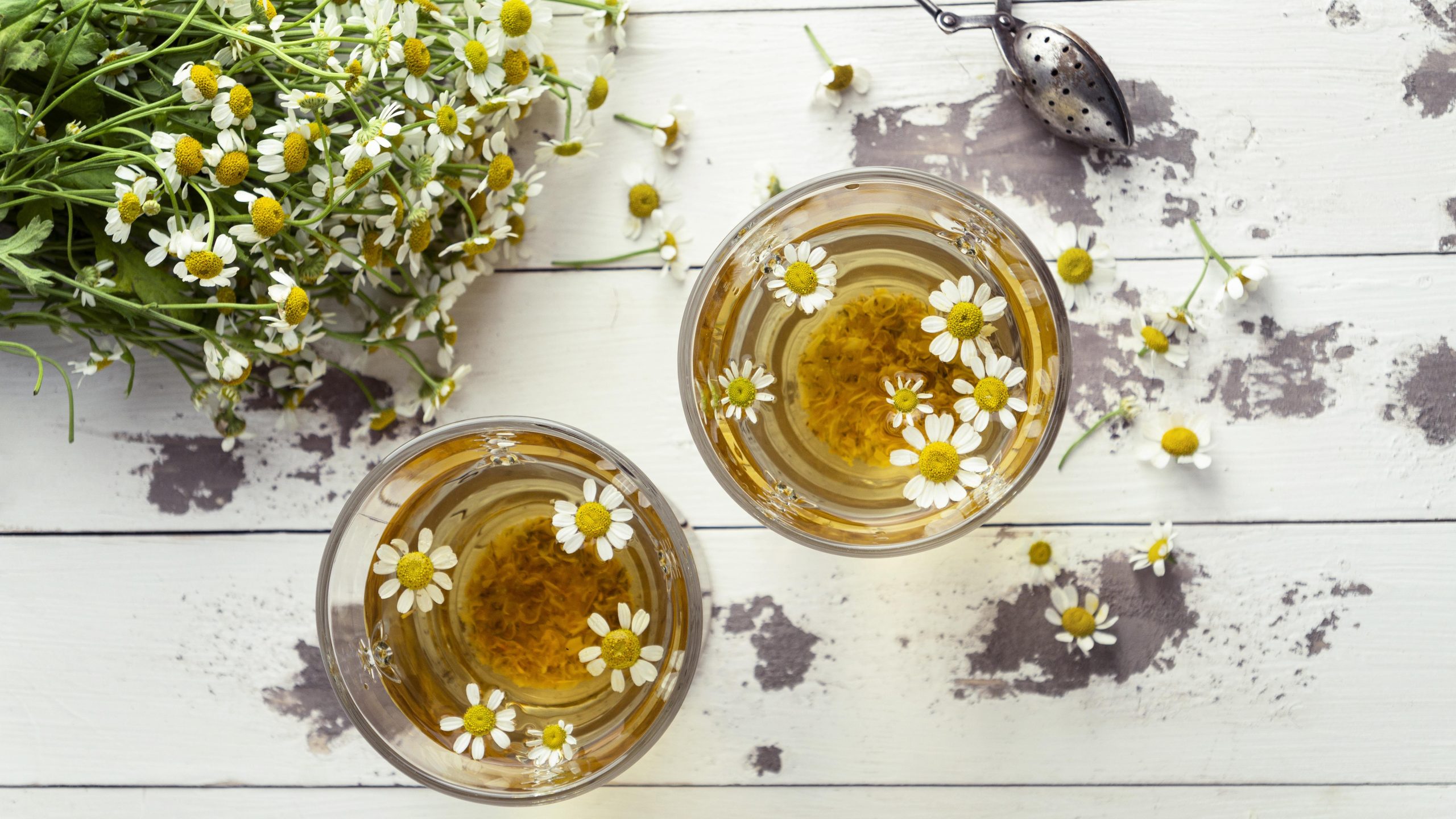Cinnamon essential oil is derived from the bark of the cinnamon tree and has a sweet, spicy aroma. The oil is used in a variety of ways, including as a natural remedy for many common ailments like colds and flu. Additionally, cinnamon essential oil can be used to improve circulation, reduce inflammation and relieve pain.
What is Cinnamon?
Cinnamon is a spice that has been used for centuries in many different cultures. It is made from the bark of the cinnamon tree and has a sweet, spicy aroma. The oil is used in a variety of ways, including as a natural remedy for many common ailments like colds and flu.
Different types of Cinnamon:
There are two different types of cinnamon: Ceylon and Cassia. Ceylon cinnamon is often considered to be the “true” cinnamon, while cassia cinnamon is a cheaper alternative that is more commonly found in stores.
How Cinnamon Essential Oil is made?
Cinnamon essential oil is made by steam distilling the bark of the cinnamon tree. The resulting oil has a sweet, spicy scent and a number of therapeutic properties.
What is the botanical name of Cinnamon?
The botanical name for cinnamon is Cinnamomum verum.
The chemical constituents of Cinnamon essential oil (Cinnamon Essential Oil Monograph):
Cinnamaldehyde (35-50%), Eugenol (5-10%), Isoeugenol (2-5%), Benzaldehyde (1-2%), and Cinnamic aldehyde (1-2%).
What are Cinnamon Essential Oil benefits?
Cinnamon essential oil has a number of potential benefits, including:
-Reducing inflammation
-Improving circulation
-Relieving pain
-Boosting immunity
-Fading scars
What are ways to use Cinnamon Essential Oil?
Cinnamon essential oil can be used in a number of different ways, including:
-Diffusing the oil to enjoy its aromatherapeutic benefits
-Adding a few drops to a massage oil or lotion to improve circulation and relieve pain
-Adding a few drops to a bath to boost immunity
-Using it topically to fade scars
Cinnamon essential oil should not be used by:
-Pregnant women
-Women who are breastfeeding
-Children under the age of 2
-People with sensitive skin
Cinnamon essential oil can be used safely by most people when diluted properly. If you have any concerns, be sure to speak with your doctor before using the oil.
How can I use Cinnamon Essential Oil internally?
Cinnamon essential oil like any other essential oil should not be used internally without the permission and supervision of a doctor.
How can I use Cinnamon Essential Oil topically?
Cinnamon essential oil can be used topically when diluted with a carrier oil. A 2% dilution is recommended for most adults. To make a 2% dilution, add 12 drops of cinnamon essential oil to 1 ounce of carrier oil.
How Cinnamon Essential Oil helps in aromatherapy?
Cinnamon essential oil has a sweet, spicy scent that is known to boost energy and improve mood. The oil can be diffused in an aromatherapy diffuser or added to a massage oil or lotion.
Great Essential Oil diffuser blends for aromatherapy with Cinnamon Essential Oil:
- Peaceful Sleep Blend: 3 drops Lavender, 3 drops Roman Chamomile, 2 drops Cinnamon
- Focus Blend: 4 drops Peppermint, 3 drops Rosemary, 3 drops Cinnamon
- Energizing Blend: 4 drops Orange, 3 drops Lemon, 2 drops Cinnamon
- Mood Boosting Blend: 3 drops Bergamot, 3 drops Grapefruit, 2 drops Cinnamon
- Stress Relief Blend: 4 drops Lavender, 2 drops Rosemary, 2 drops Cinnamon
- Immunity Boosting Blend: 3 drops Eucalyptus, 3 drops Tea Tree, 2 drops Cinnamon
- Pain Relief Blend: 3 drops Peppermint, 3 drops Lavender, 2 drops Cinnamon
How can I use Cinnamon Essential Oil in bath?
Add a few drops of cinnamon essential oil to your bathtub for a relaxing, immune-boosting soak. The oil can also help to relieve pain and improve circulation.
How Cinnamon has been used historically as an alternative medicine?
Cinnamon has been used for centuries in traditional medicine for its ability to treat a wide variety of ailments. The oil was traditionally used to relieve pain, improve circulation, and boost immunity.
What blends well with Cinnamon Essential Oil?
Cinnamon essential oil blends well with a number of other oils, including Lavender, Peppermint, Eucalyptus, Tea Tree, Rosemary, Orange, Lemon, Bergamot, Grapefruit
What does not blend well with Cinnamon Essential Oil?
Cinnamon essential oil does not blend well with Pine, Thyme, Juniper Berry
What are Cinnamon Essential Oil side effects?
Cinnamon essential oil is a potent oil and should be used with caution. The oil should never be used undiluted on the skin. If you have sensitive skin, it is best to perform a patch test before using the oil.
Cinnamon essential oil is not recommended for use during pregnancy or breastfeeding. The oil should also not be used on children under the age of 2.
If you have any concerns, be sure to speak with your doctor before using cinnamon essential oil.
What does Cinnamon Essential Oil smell like?
Cinnamon essential oil has a sweet, spicy scent that is known to boost energy and improve mood.
Can I make Cinnamon Essential Oil at home?
Cinnamon essential oil can be made at home by steeping cinnamon sticks in a carrier oil. However, the process is very time-consuming and the oil will not be as potent as commercially-made oils.
What is the shelf life of Cinnamon Essential Oil?
Cinnamon essential oil has a shelf life of 2-3 years.
Is Cinnamon Essential Oil safe for kids?
Cinnamon essential oil is not recommended for use on children under the age of 2.
Is Cinnamon Essential Oil safe for pets?
Cinnamon essential oil is not recommended for use on pets.
DIY recipes using Cinnamon Essential Oil:
1. DIY Cinnamon Sugar Scrub
Ingredients:
-1/2 cup brown sugar
-1/4 cup coconut oil
-1 teaspoon cinnamon essential oil
Instructions:
1. Combine brown sugar, coconut oil, and cinnamon essential oil in a bowl and mix until well combined.
2. Store in an airtight container at room temperature.
3. To use, apply scrub to wet skin and massage in circular motions. Rinse with warm water and pat dry.
4. Use once or twice a week for best results.
2. DIY Cinnamon Body Butter
Ingredients:
-1/2 cup shea butter
-1/4 cup coconut oil
-1 teaspoon cinnamon essential oil
Instructions:
1. Combine shea butter, coconut oil, and cinnamon essential oil in a bowl and mix until well combined.
2. Store in an airtight container at room temperature.
3. To use, apply body butter to dry skin and massage in circular motions.
4. Use as often as needed for soft, hydrated skin.
3. DIY Cinnamon Lip Balm
Ingredients:
-1 tablespoon beeswax pellets
-2 tablespoons coconut oil
-1 teaspoon cinnamon essential oil
Instructions:
1. Combine beeswax pellets, coconut oil, and cinnamon essential oil in a small saucepan over low heat.
2. Stir until beeswax is melted and all ingredients are well combined.
3. Remove from heat and pour into a small lip balm container.
4. Allow to cool and solidify before using.
4. DIY Cinnamon Room Spray
Ingredients:
-1 cup water
-1/2 teaspoon cinnamon essential oil
Instructions:
1. Combine water and cinnamon essential oil in a small spray bottle and shake well to combine.
2. To use, simply spray into the air as desired.
5. DIY Cinnamon Air Freshener
Ingredients:
-1/4 cup baking soda
-1/2 teaspoon cinnamon essential oil
Instructions:
1. Combine baking soda and cinnamon essential oil in a small bowl and mix well to combine.
2. Store in an airtight container at room temperature.
Cinnamon essential oil is a potent oil with a sweet, spicy scent. The oil has a number of benefits, including the ability to boost energy, improve mood, and relieve pain. Cinnamon essential oil should be used with caution, as the oil can cause skin irritation. The oil is also not recommended for use on children or pets.
This website does not provide medical advice.
All information provided on this website, and on associated social media networks, including but not limited to texts, images, and numbers are for general information purpose only. It is not intended as medical advice and it does not include all possible precautions, side effects, or interactions that may occur. Neither NaturalLivingOnline.com nor its author/founder take responsibility for how you use this information. Statements contained on NaturalLivingOnline.com have not been evaluated by the FDA. You should conduct thorough research via multiple sources and consult your physician or qualified doctor before using any essential oil or herbal remedy. Information on NaturalLivingOnline.com must not be relied upon for medical, legal, financial or other decisions.













